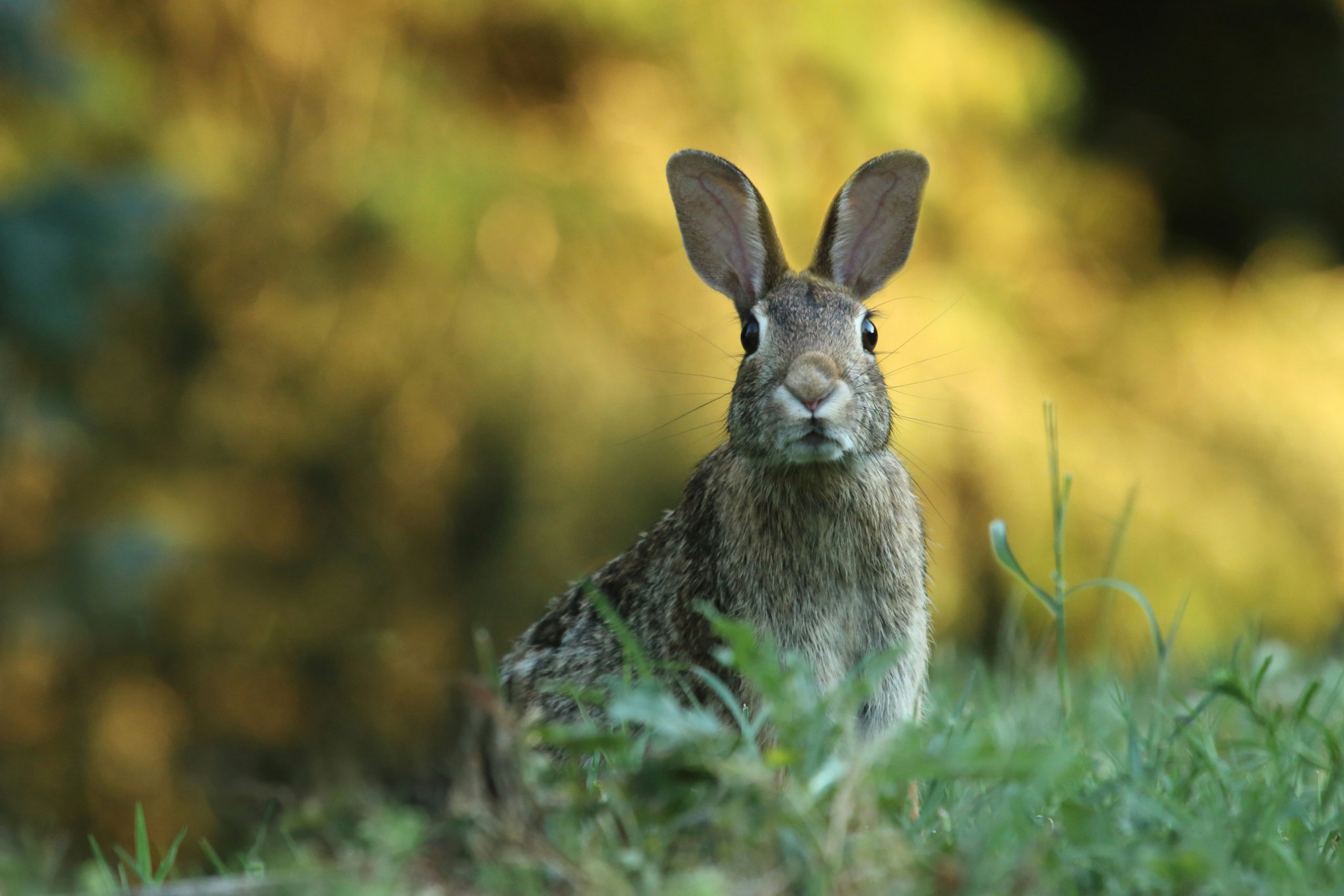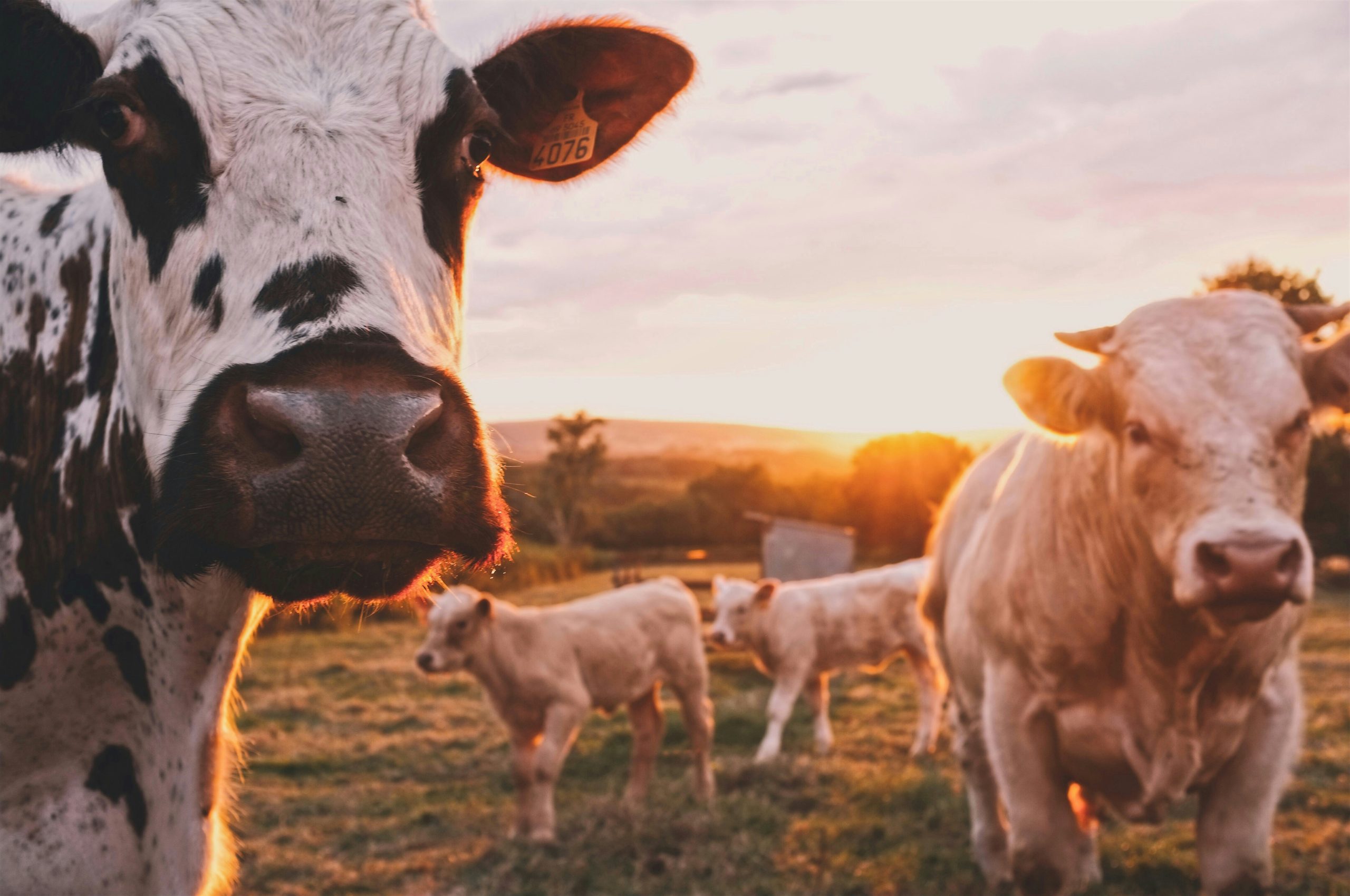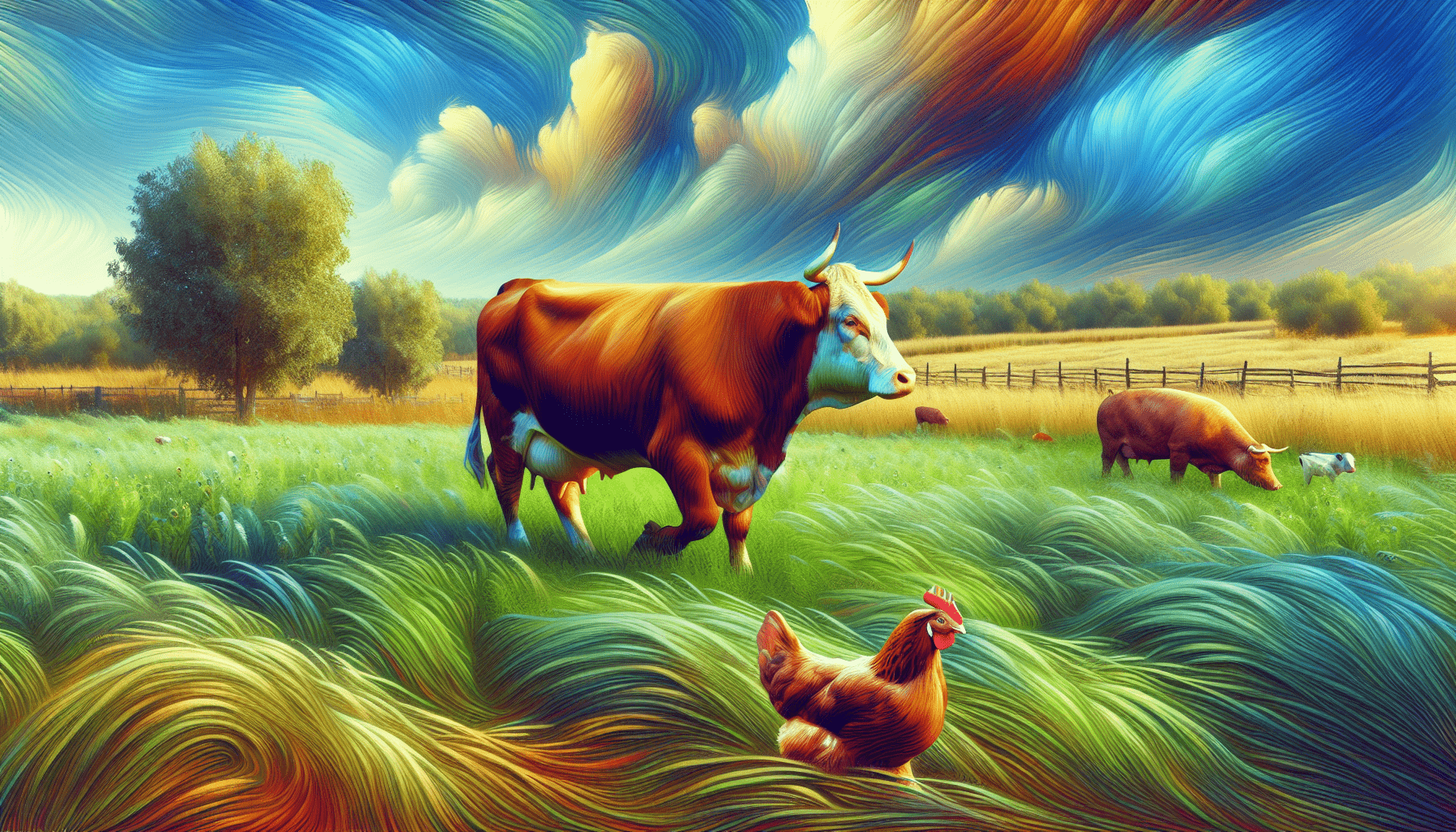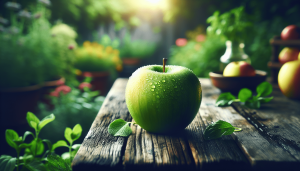Hey everyone! Today, we’re diving into the question, “Is Organic Food Better for Animals?” Join us as we explore how organic farming practices can impact the well-being of our furry and feathered friends. We’ll uncover the ways in which organic standards address animal welfare, from living conditions to feed quality, and see if choosing organic truly makes a difference in the lives of the animals we care about.
When it comes to organic farming, there are specific guidelines designed to promote the overall health and happiness of animals. For instance, organic farms typically provide animals with more space to roam, ensuring they can engage in natural behaviors. Plus, the feed given to these animals is often free from antibiotics and synthetic pesticides, which can lead to better health outcomes. As we look deeper, we’ll see that while organic practices aren’t perfect, they tend to offer significant benefits when it comes to animal welfare. Let’s delve into the details and find out how choosing organic can make a positive impact on the lives of the animals we cherish. Have you ever wondered if organic food is better for animals? In today’s world, where many of us are increasingly concerned with how our choices affect the environment and the beings we share it with, this question often arises. So, let’s dive into understanding what makes organic food potentially more humane and whether it’s a significant factor in the well-being of animals.

What is Organic Food?
First, let’s clarify what we mean by organic food. Organic food is produced using methods that align with certain standards of organic farming. These methods typically aim to be more environmentally friendly, avoiding the use of synthetic fertilizers, pesticides, genetically modified organisms (GMOs), and preservatives.
Organic Farming Practices
Organic farming practices focus on sustainability and maintaining or improving the health of our ecosystems. This means enhancing soil and water quality, reducing pollution, and promoting a high standard of animal welfare. Here’s a breakdown of some key organic farming principles:
| Practice | Description |
|---|---|
| No Synthetic Inputs | Avoids synthetic fertilizers, pesticides, and GMOs. |
| Crop Diversification | Encourages a variety of crops to improve soil health and reduce pests. |
| Natural Fertilizers | Uses compost and animal manure to enrich the soil naturally. |
| Rotational Grazing | Implements grazing patterns to allow pastures to recover, improving soil and plant health. |
| Integrated Pest Management | Encourages natural predators and other biological controls to manage pest populations. |
These practices culminate in food products that are often perceived as healthier for the environment and potentially for animals too.
Animal Welfare Standards in Organic Farming
When we choose organic products, one of the primary benefits touted is improved animal welfare. But what does that really mean? Let’s explore the standards and practices.
Freedom to Roam
One of the cornerstones of organic animal farming is that animals should have access to the outdoors. Unlike conventional confinement systems, organic standards require animals to be able to roam and graze. This freedom isn’t just about physical space; it’s about the quality of life for the animals.
Organic Feed
Animals raised on organic farms are fed 100% organic feed. This prohibition of GMO feed and certain synthetic additives means that the animals consume a more natural diet, which can contribute to their overall health and well-being.
Health Care and Veterinary Practices
Organic standards restrict the use of antibiotics and hormones. Instead, these farms emphasize preventive health care, such as a balanced diet, appropriate housing, and rotational grazing to prevent disease. When necessary, organic-certified animal health care uses natural remedies wherever possible and conventional treatments only when all natural options have been exhausted.
Case Studies: Organic Versus Conventional Farms
To better understand the impact of organic practices on animal welfare, let’s consider some case studies and scientific findings.
Poultry Farming
Studies have shown that chickens on organic farms tend to have better living conditions compared to their counterparts in conventional systems. For instance, organically-raised chickens usually have more space to move, access to the outdoors, and opportunities to engage in natural behaviors like dust-bathing and foraging.
| Factor | Organic Farms | Conventional Farms |
|---|---|---|
| Living Space | More space per bird, access to the outdoors | Often densely packed, limited mobility |
| Diet | 100% organic feed, no antibiotics or GMOs | Can include GMOs, antibiotics used preventively |
| Natural Behaviors | Encouraged and facilitated | Severely restricted |
Dairy Cows
Dairy cows on organic farms are often healthier and live longer. Organic standards require that cows have access to pasture during the grazing season, which means they spend a significant portion of their lives outside, engaging in natural behaviors.
| Factor | Organic Farms | Conventional Farms |
|---|---|---|
| Grazing | Access to pasture during grazing season | Limited or no access to pasture |
| Health Care Practices | Preventive care, restricted use of antibiotics | Regular use of antibiotics and hormones |
| Well-being | Improved stress levels, longer lifespan | Higher stress, shorter lifespan |
Environmental Impact and Animals
Understanding whether organic food is better for animals also involves considering the environmental impacts. Many of the issues that affect animal welfare are tied to how farming impacts the environment.
Soil Health and Biodiversity
Organic farming practices that improve soil health and biodiversity can create healthier habitats for wildlife. Better soil quality means more robust plant life, which in turn can support a greater variety of animals.
Pollution Reduction
Reduced use of synthetic fertilizers and pesticides in organic farming lowers the risk of water and soil pollution. This can have a direct positive effect on the local wildlife, including aquatic ecosystems which are often severely impacted by agricultural runoff.

Criticisms and Challenges of Organic Farming
It’s important to acknowledge that organic farming isn’t without its criticisms and challenges. Let’s delve into some of the common concerns.
Productivity and Land Use
Organic farming tends to have lower yields compared to conventional farming. Critics argue that this can lead to more land being required to produce the same amount of food, potentially resulting in habitat loss.
Cost and Accessibility
Organic products often come with a higher price tag, which can make them less accessible to many people. This economic barrier can limit the widespread adoption of organic products and practices.
Certification and Standards
The process for obtaining organic certification can be cumbersome and expensive. Additionally, the standards can vary significantly from one country to another, leading to potential inconsistencies in what is considered “organic.”
The Human Factor
It’s also crucial to factor in the human element. Farmers, consumers, and policymakers all play essential roles in shaping how food is produced and purchased. Understanding their perspectives can give us a more holistic view of the organic versus conventional debate.
Farmers’ Perspectives
Farmers who engage in organic practices often do so out of a commitment to environmental stewardship and animal welfare. However, they also face greater risks and challenges compared to conventional farmers, including the aforementioned lower yields and higher costs.
Consumers’ Choices
As consumers, our purchasing decisions directly impact farming practices. By choosing organic products, we support farmers who prioritize animal welfare and sustainable practices. But this also means being willing to invest more for these benefits.
Policymakers’ Role
Government policies and subsidies can significantly influence farming practices. Supportive policies for organic farming can help offset some of its challenges, such as productivity and cost barriers, making it a more viable option for more farmers.

Conclusion: Is Organic Food Better for Animals?
So, is organic food better for animals? The answer is multifaceted.
Improved Welfare
It’s clear that organic farming practices generally offer better living conditions for animals. These practices promote natural behaviors, better diets, and more humane treatment overall.
Environmental Benefits
The environmental benefits of organic farming also indirectly contribute to better animal welfare. Healthier ecosystems mean healthier animals, both on and off the farm.
Challenges and Trade-offs
However, we must also consider the challenges, such as lower productivity and higher costs. The benefits of organic farming for animals must be weighed against these factors to determine the overall impact.
Ultimately, choosing organic foods can indeed be a step towards better animal welfare, but it is not a panacea. It requires a collective effort from farmers, consumers, and policymakers to maximize the potential benefits while addressing the challenges.
Let’s continue this journey towards more compassionate and sustainable farming practices, one informed choice at a time.




